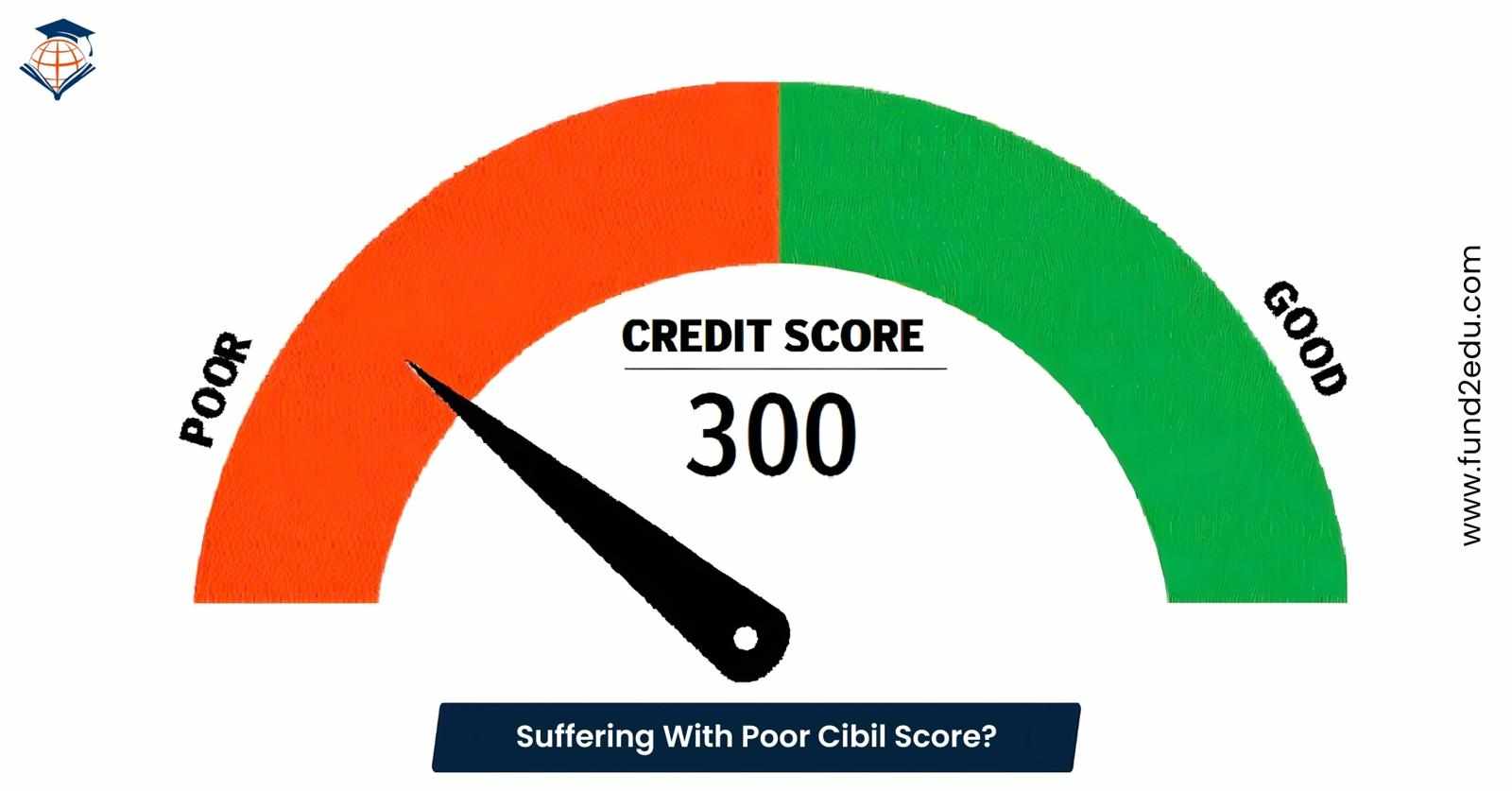
In today's world, pursuing higher education often requires financial assistance and education loans have become a common source for students to fund their studies. However, securing an education loan is not always easy, as lenders assess various factors before approving an applicant's loan request. Understanding these factors can significantly improve your chances of securing the necessary funds for your education. Here are some common factors for easy loan approval:
Credit History: One of the most critical factors that lenders consider is the applicant's credit history. A good credit score demonstrates a borrower's ability to manage debt responsibly and reflects their creditworthiness.
Income and Employment Status: Lenders assess the applicant's income and employment status to determine their capacity to repay the loan. A steady income from part-time work, internships, or a co-signer's income can positively impact loan approval.
Debt-to-Income Ratio: The debt-to-income (DTI) ratio, which compares the borrower's monthly debt obligations to their gross monthly income, is another crucial factor in loan approval. Lenders prefer applicants with a lower DTI ratio, as it indicates that the borrower has sufficient income to manage additional debt repayments without financial strain.
Course of Study and Institution: The field of study and the institution where the student plans to enroll can influence loan approval. Programs that lead to high-demand careers or offer strong employment opportunities are often viewed more favorably by lenders. Additionally, reputable institutions with high graduation rates and accreditation may enhance the borrower's credibility.
Loan Amount and Repayment Terms: The loan amount requested and the proposed repayment terms also play a significant role in approval decisions. Lenders evaluate whether the requested loan amount aligns with the borrower's educational expenses and future earning potential.
Collateral and Co-signers: Some education loans may require collateral, such as property or investments, to secure the loan. Alternatively, lenders may require a co-signer with a strong credit history and stable income to guarantee the loan.
Loan Provider and Government Regulations: The policies and eligibility criteria of the loan provider, as well as government regulations, also influence loan approval. Different lenders may have varying requirements and interest rates, so it's essential to research and compare multiple loan options.
In conclusion, securing approval for an education loan requires careful consideration of various factors, including credit history, income, debt-to-income ratio, course of study, loan amount, and repayment terms. By understanding these key factors and taking proactive steps to strengthen their loan application, students can improve their chances of obtaining the necessary financial support to pursue their educational goals.




.jpg)









.jpg)





Write a comment ...